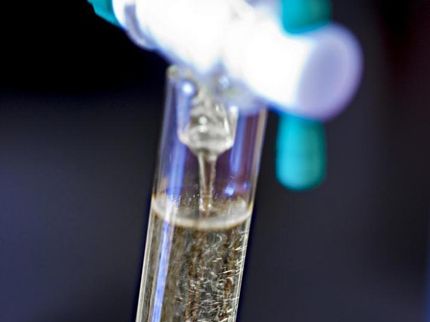Prana Biotechnology Cancels Plans for PLACQUE Clinical Study
Advertisement
Prana Biotechnology Limited announced that it will not proceed with supporting the initiation of the PLACQUE study evaluating PBT1 (clioquinol) for Alzheimer's disease and has re-evaluated any further work on the PBT1 program.
As part of the effort to manufacture GMP grade PBT1 clinical trial material, Prana has characterised the various impurities that occur in the synthetic process and found unacceptably high levels of a di-iodo (toxic) form of PBT1. After further investigation, Prana now believes it is possible that the di-iodo impurity that occurs during PBT1 synthesis could be responsible for an increased risk of side-effects and mutagenicity. While Prana has considered methods to reduce the levels of the di-iodo impurity, it has come to the conclusion that attempts to reduce the impurity to safe levels are not likely to be successful in a timely manner and that further development of PBT1 is not warranted.
PBT2 is a backup compound for Alzheimer's disease that is currently in Phase I clinical testing in Utrecht, the Netherlands. PBT2 has a structure that does not contain iodine and is therefore not capable of forming the di-iodo impurity that has been associated with mutagenicity.
After successfully settling the PBT1 patent litigation with P.N. Gerolymatos, S.A., in the third quarter of 2004, and after successfully achieving a Clinical Trials Authorization (CTA) in the U.K. in the fourth quarter of 2004, Prana made the decision to advance PBT1 into the potentially pivotal Phase II/III PLACQUE trial and attempt to accelerate the development timelines of its MPACs.















































